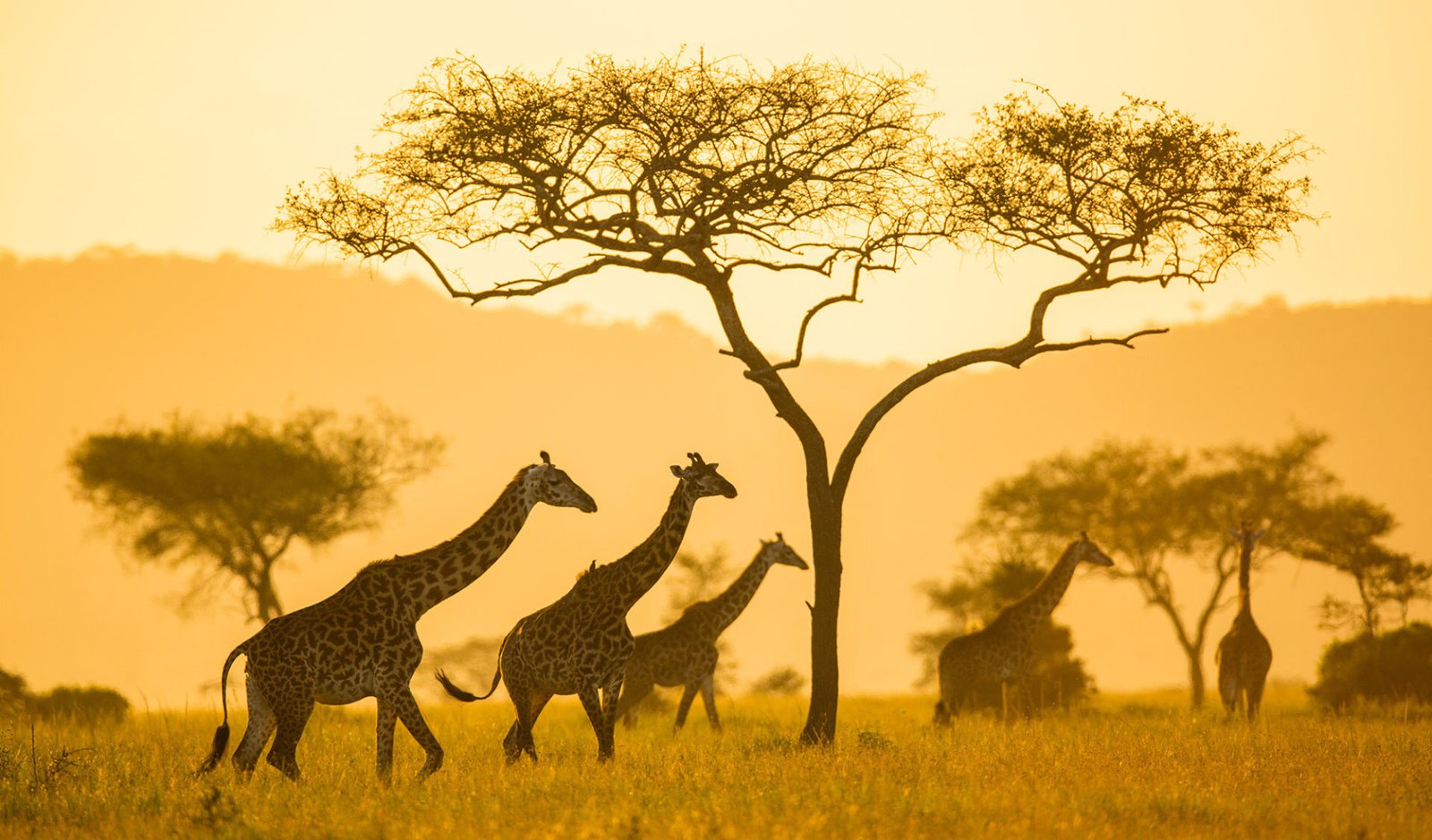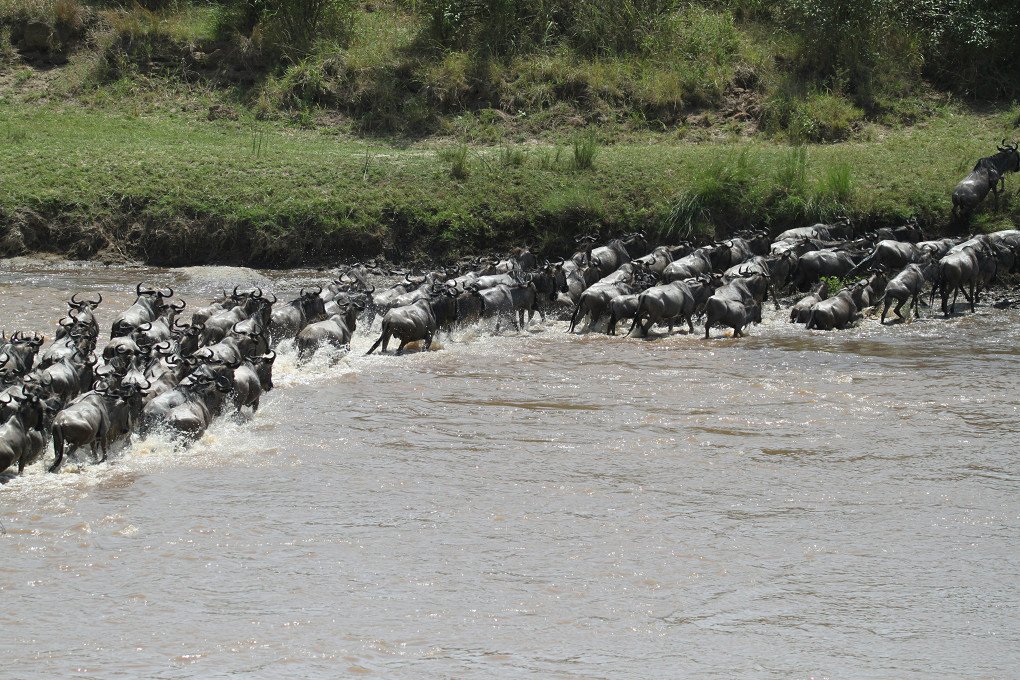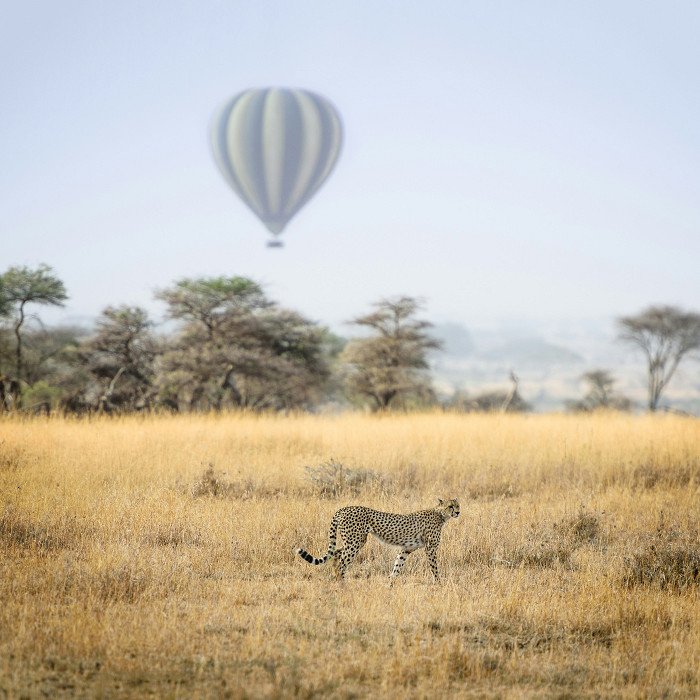Call Anytime
Mt Kilimanjaro
Mt Kilimanjaro
Mount Kilimanjaro is the tallest mountain in Africa and the highest free-standing mountain in the world. It is located in northeastern Tanzania, near the border with Kenya. Kilimanjaro is a dormant volcano composed of three distinct volcanic cones: Kibo, Mawenzi, and Shira. The highest point, Uhuru Peak, rises to an altitude of 5,895 meters (19,341 feet) above sea level.
Kilimanjaro is a popular destination for hikers and climbers, attracting thousands of adventurers each year. Its accessibility, diverse ecosystems, and stunning views make it an iconic destination for trekking enthusiasts. Climbing Kilimanjaro doesn't require any technical climbing skills, but it does demand physical fitness, proper preparation, and acclimatization due to the high altitude.
The mountain offers several routes to the summit, each varying in length, difficulty, and scenery. Marangu, Machame, Lemosho, and Rongai are among the most popular routes, with varying durations ranging from 5 to 9 days.
Despite its popularity and accessibility, climbing Kilimanjaro can be challenging due to altitude sickness and unpredictable weather conditions. Proper planning, adequate gear, and experienced guides are essential for a safe and enjoyable trek.
Kilimanjaro's slopes are home to a diverse range of ecosystems, including lush rainforests, alpine meadows, moorlands, and arctic-like summit zones. Its unique environment supports a variety of plant and animal species, some of which are endemic to the region.
Highlights
Climbing Kilimanjaro is not just about reaching the summit; it's also about experiencing the breathtaking beauty of its landscapes and immersing oneself in the rich culture and history of Tanzania's people.
Related Tours & Safaris from Mt Kilimanjaro
Tours & Safaris

10 Days Full Tanzania Experience (luxury)
10 Days - 9 Night

10 Days Full Tanzania Experience (medium)
10 Days - 9 Night

10 Days Serengeti Wildebeest Migration Safari
10 Days - 9 Night

12 Days Bush To Beach Adventure
12 Days - 11 Night

3 Days Classic Serengeti Safari
3 Days - 2 Night

3 Days Safari (medium)
3 Days - 2 Night
